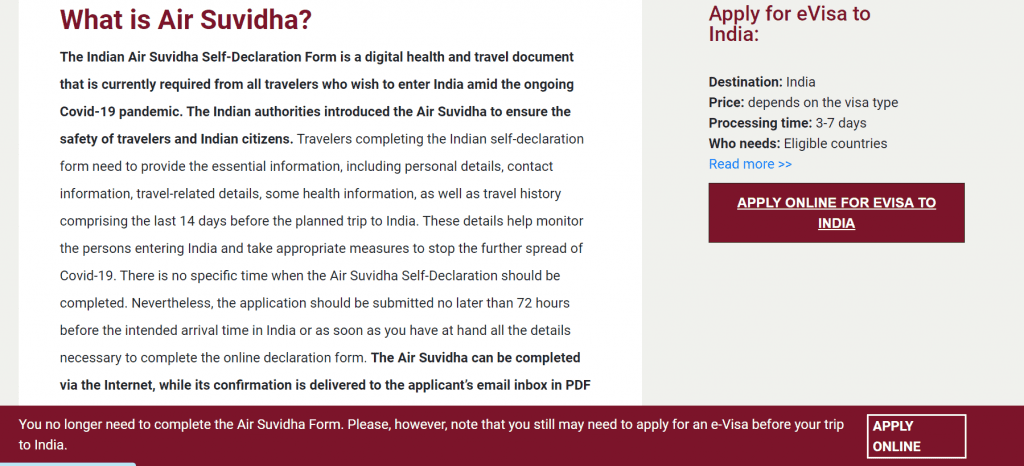AirAsia on Tuesday announced the appointment of Mohamad Hafidz, who is currently the chief fintech officer, as the acting CEO of AirAsia superapp from April 1 onwards.
With nearly 30 years in the payments industry, Hafidz, populary known as Mo, will be succeeding Amanda Woo in his new role.
Woo was appointed CEO of the superapp in May 2021, she was then the chief commercial officer.
Speaking to Skift earlier, Tony Fernandes, CEO of Capital A, had said that AirAsia would now be killing its other operations in the superapp to focus on what he calls its bread and butter — travel.
“Now that travel has returned, we’ve shifted our focus to making the superapp very much a travel fintech superapp,” Fernandes told Skift.
In his new role, Hafidz would continue to drive the platform’s fintech vision that will further help to boost the superapp’s choices for its users and bring more revenue to the business, the company said in a release.
Having assisted in shaping regulatory policies in several regional markets, Hafidz has been a strong advocate for payments innovation and security in the Asia Pacific region.
Hafidz’s appointment follows the recent leadership transition announcement at AirAsia Digital, which include AirAsia superapp and BigPay.
Colin Currie will be taking on dual roles as AirAsia Digital’s CEO and president, commercial of Capital A.
Currie will lead the effort to forge a closer collaboration between AirAsia superapp and BigPay to create a better user experience in travel and payment for users within the Capital A ecosystem, a company release said.
Capital A also appointed its head of investments John Cheing as the chief financial officer for AirAsia Digital and AirAsia superapp.
Calling fintech an essential part of travel, Fernandes had earlier spoken about the role that BigPay, Capital A’s fintech arm, would play in creating lending for travel as well as for insurance.
In its fourth quarter results, the company had showed strong performances in both its superapp and fintech business.
“We are excited to be launching the next phase of growth in our digital portfolios,” Fernandes had said earlier.
